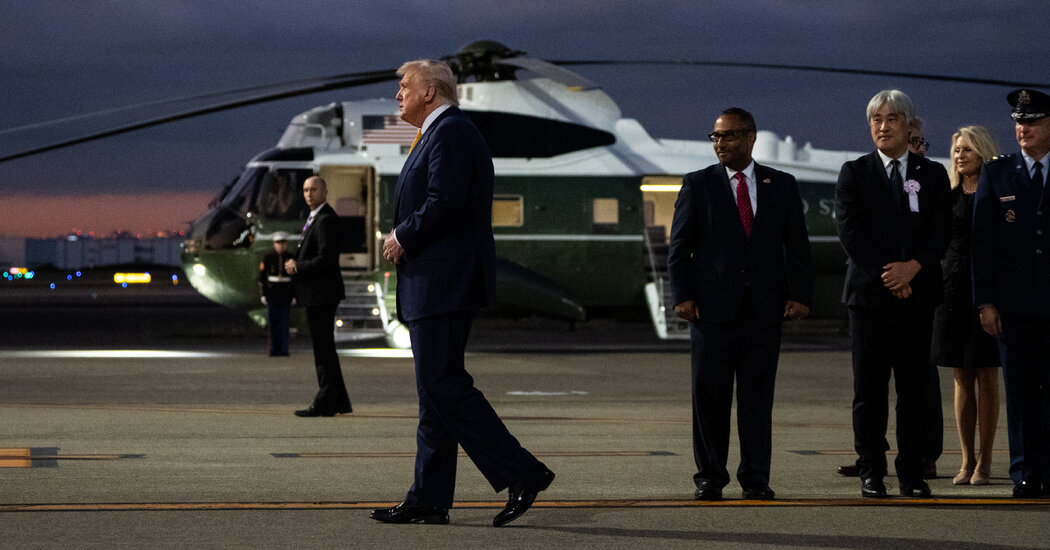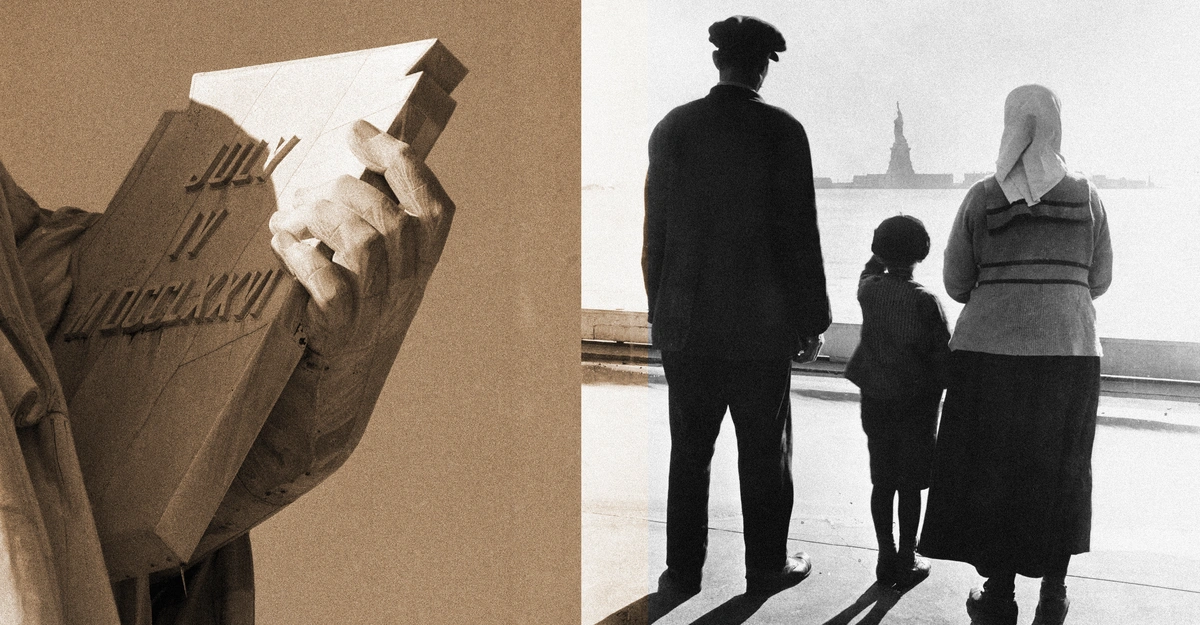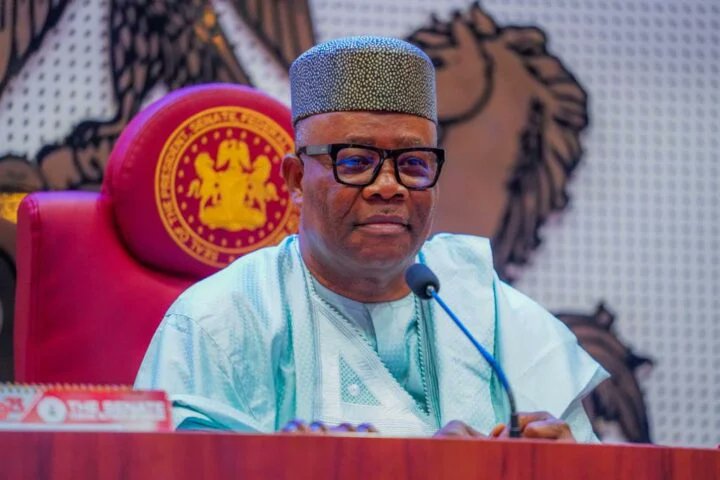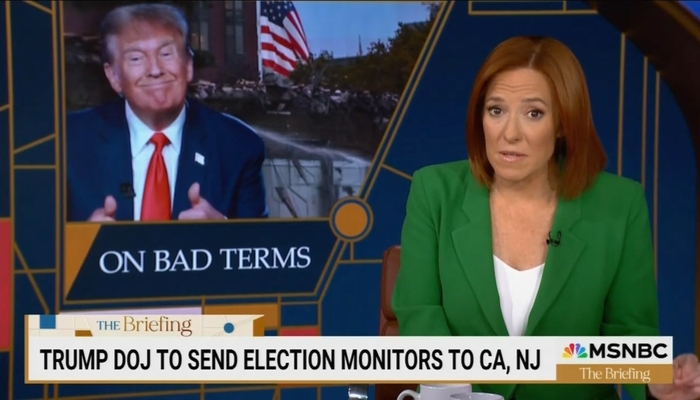Copyright The New York Times

Last week, President Trump demolished the East Wing of the White House, acknowledged demanding hundreds of millions of dollars from his own government and extended a campaign of blowing up boats in foreign waters that legal specialists describe as unlawful. This morning, somewhere between Kuala Lumpur and Tokyo, he returned to a different, norm-busting leitmotif of a presidency intended to maximize his personal power: teasing the idea of running for a constitutionally prohibited third term. “I would love to do it,” Trump told reporters on Air Force One. He added, not entirely convincingly, that he hadn’t really thought about it — although his allies certainly have. It’s unclear whether Trump, who survived two assassination attempts last year and would be the oldest president in history by the time he leaves office, is serious. The 22nd Amendment plainly states that no one can be elected president more than twice. Legally speaking, the discussion — and this newsletter — could end right here. What is clear, though, is that a president who has chafed at the limits on his power sees great political benefit in talking about it — and his musings may already be having their intended effect. Tonight, I’ll explain why. A long history President Trump spent decades publicly toying with running for president, knowing full well that just talking about it can get you attention. That remains the case even when you already are the president. In 1988, he told Oprah Winfrey that he “probably wouldn’t” run for president, but that he wouldn’t rule it out, either. “I really am tired of seeing what’s happening with this country, how we’re really making other people live like kings, and we’re not,” he said. Two years later, he mused in Playboy about how he would handle an international crisis as president, saying he believed in extreme military strength and that he “wouldn’t trust the Russians.” Dallying with running for president kept Trump, then a flashy real estate developer, in the headlines, and, then as now, the attention might be the whole point. My colleague Maggie Haberman reported early this year that Trump has told his advisers that he sees third term talk as a way to grab the spotlight and anger Democrats. But she made another observation then that is worth remembering: Even when Mr. Trump presents something as a joke, the idea he suggests often becomes socialized by his supporters, both those in office and in the right-wing media. The concept then often takes on more weight, including for Mr. Trump. The political impact Trump has kept the idea of running again front and center throughout his second term. He has joked about staying in office for 25 years. There were Trump 2028 hats on his desk during a meeting with congressional leaders this month. Some Republicans have begun to endorse the idea. And last week, Trump’s former adviser Steve Bannon insisted there was a “plan” for the president to seek another term, although he did not say what it was. In doing so, Trump has firmly injected the idea into the national conversation, keeping him from being seen as the most ineffectual of Washington stereotypes, a lame duck. And, crucially, it makes it difficult for any other Republican to chart a path out of the Trump era, because doing so could be read as defiance against a party leader who isn’t ready to move on. Even as Trump teased the idea of running for president himself, he was eager to set the parameters of a race without him, one that would pit two of the most recognizable members of his administration against one another — while he looms as a powerful kingmaker. “We have great people, I don’t have to get into that. But we have one of them standing right here,” Trump said, referring to Secretary of State Marco Rubio before bringing up Vice President JD Vance. ONE to read How the firebombing of his home changed Josh Shapiro Gov. Josh Shapiro of Pennsylvania is one of the country’s most prominent Jewish Democrats. Six months ago, the political violence plaguing the nation landed in his own house, when an assailant broke into the governor’s mansion during Passover and firebombed the room where he had celebrated Seder just hours before. In his most revealing interview about that attack to date, Shapiro told my colleague Katie Glueck that he’s still grappling with the aftermath of that attack and the risk it posed to his children, who were sleeping in the house at the time. He said he now advises others who have been touched by political violence and potential candidates who worry about the risks. Shapiro, who was passed over to join Kamala Harris’s presidential ticket as vice president, is widely seen as a potential presidential candidate in 2028. He said his family has talked about whether staying in politics is worth it.



